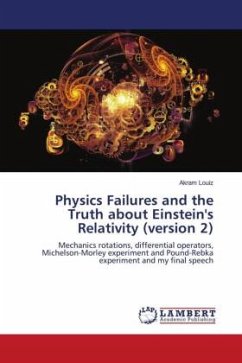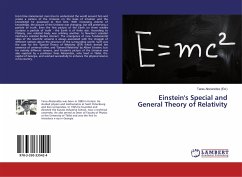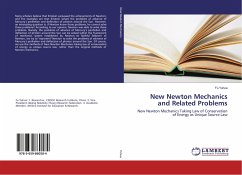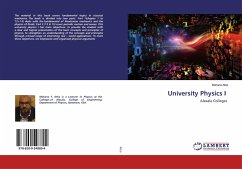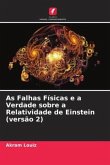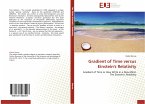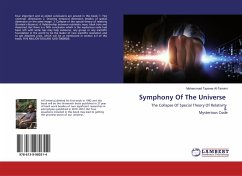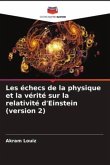The three chapters of this book are scientific articles that I made objectively in order to propose new logical solutions to some physics problems.The first chapter is peer reviewed. It introduces the mistake made when studying a system rotations in Newtonian mechanics and proposes a mathematical solution for a better study. You will also find in the same chapter geometric demonstrations for the main differential operators.The chapter two is also peer reviewed. It gives the only logical solution that explains the null result of the famous Michelson-Morley experiment. The solution is presented by demonstrating the correct formulas of the light speed vectors after each reflection.The chapter three gives an objective conclusion about Einstein's relativity and explains the Pound-Rebka experiment by demonstrating the result formula with very easy Newtonian mechanics. This version of the book presents also some of my personal speeches. The readers are invited not only to reconsider their ideas about some physics mathematical tools but also to become able to refuse logically all the pseudoscience that uses the blind media to spread.

